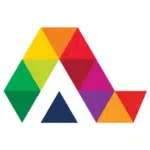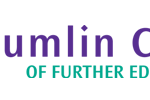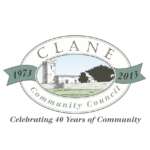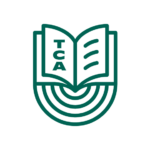Reiki is a Japanese form of healing that is becoming increasingly popular worldwide – particularly here in Ireland, with many people enrolling in Reiki courses. Reiki is maybe unique in alternative medicines because it incorporates just about every other alternative healing practice: spiritual healing, meditation, aromatherapy, naturopathy, and homeopathy.
The word Reiki (pronounced ray-key) is Japanese in origin and means “universal life energy, ” or the energy that’s all around us. Reiki’s energy is said to bring about deep relaxation while destroying energy blockages, detoxifying the system and providing new vitality.
In a Reiki treatment, a practitioner channels what’s called the universal life force into the client, “trusting that the wisdom of the energy and the body’s willingness to heal will cooperate with each other. ” That’s according to Dublin practitioner Mike Mills. The therapist gently lays his or her hands on your head, shoulders, and back to conduct the energy into your system. “The important thing in Reiki and Reiki courses is that you cannot intend it to do anything. You just send pure energy into the body, and it will go exactly where it needs to, ” says Mills, a psychotherapist and Reiki practitioner who has used the therapy to help patients deal with issues linked to abuse, as well as sexual problems and physical disorders.
Reiki courses and classes teach about the transfer of energy from practitioner to patient to enhance the body’s natural ability to heal itself. Reiki is a holistic, natural, hands-on energy healing system that touches on all levels: body, mind, and spirit.
The laying of hands is used in Reiki therapy also as in spiritual healing. There is a difference though. In spiritual healing, the healer is the one who is sending out the energy. In Reiki and Reiki courses, the healer places the hands above the body part but it is the recipient that draws in the healing energy.
Although there are a few positions in which the practitioner physically touches the patient, (such as cradling the head), most reiki treatments don’t involve actual touching. The practitioner holds his or her hands a few inches or farther away from the patient’s body and works the energy field from there. The Reiki energy is like a smart card: the energy knows where to go, and what to do once it gets there. The energy manages its own flow to and within the recipient. It draws through the healer exactly that amount of energy the recipient needs. The healer’s job is to get out of the way, to keep the healing space open, and to watch/listen for signs of what to do next.
Practitioner Mike Mills states that “in any healing the goal is to find the problem, recognise the pattern, recognize where it came from, and let it go. ” Reiki accomplishes this, he says, by “providing the recipient enough energy to step above to see all that and have the courage to let go. ” This, he admits, usually does not happen consciously as a result of Reiki. But, he adds, “sometimes it does happen that Reiki gives the recipient the conscious awareness of the pattern of their pain and the ability to recognise where it came from Our lives are a constant flow of patterns of activity – like the pattern used to accomplish eating breakfast – and it’s our choice to have these patterns remain stuck in limited expression, or to release the old patterns and try on new and shinier ones. ” Reiki, says Mills, is also “a gateway shining pure love into the universe It is this love that allows us to transcend our wounds and help us remember our true nature. ”
ADDENDUM:
Bear in mind that Reiki is a complementary therapy and not an alternative to orthodox medical treatment. Among more orthodox medical practitioners, its benefits are seen to be in helping people to relax and de-stress themselves.
Dr Muiris Houston, Irish Times Medical Correspondent, says: “Reiki therapy may help patients by offering general relaxation. This therapy does not lend itself to research in clinical medicine trials. Any claims that it treats specific conditions should be viewed with caution. ”
There are currently four practitioners of reiki who have been assessed and approved by the Reiki Association of Ireland (021- 371058). There are many more practitioners who have varying levels of training, some of whom use reiki combined with other therapies.
Browse Nightcourses.com’s Course Finder to find Reiki classes and courses near you.

















